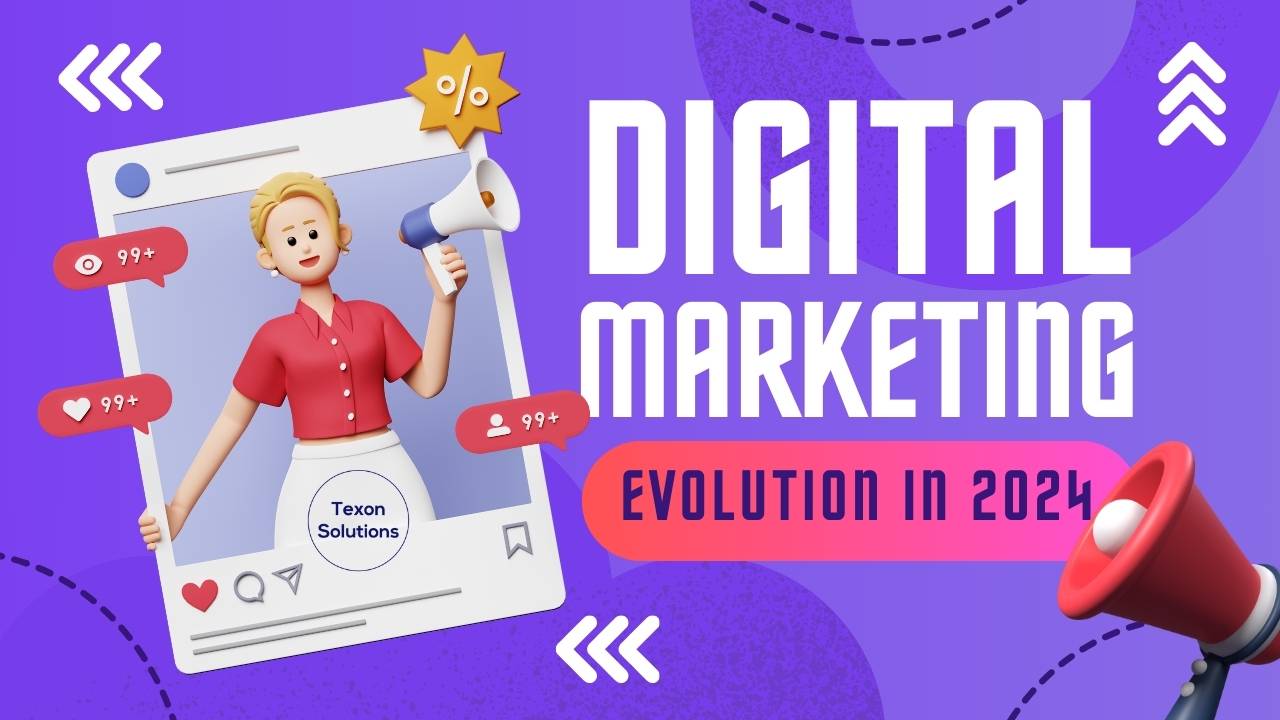Digital marketing is constantly evolving, and 2024 brings several exciting trends that businesses need to embrace to stay competitive. Below is a list of the most innovative strategies reshaping the digital marketing landscape.
Table of Contents
1. AI-Powered Personalization
Artificial intelligence (AI) is revolutionizing personalization in digital marketing. By analyzing customer data, AI helps businesses predict consumer behavior and deliver highly personalized content and ads in real-time. This approach boosts engagement and improves conversion rates.
Key Benefits:
- Tailored customer experiences
- Increased engagement and retention
- Better conversion rates
2. AI Chatbots for Conversational Marketing
AI-powered chatbots have become more sophisticated, providing real-time customer service and guiding users through the buying process. These bots can answer questions, recommend products, and offer personalized deals, enhancing user experiences around the clock.
Key Benefits:
- 24/7 customer support
- Increased lead conversion
- Automated sales assistance
3. Voice Search and Voice Commerce
With voice assistants like Alexa and Google Home becoming more popular, optimizing for voice search is critical. Marketers are focusing on conversational keywords and natural language to capture voice search queries, driving traffic to their websites.
Key Benefits:
- Expanded reach through voice-enabled devices
- Improved SEO for voice search
- Enhanced user convenience
4. Augmented Reality (AR) and Virtual Reality (VR) Marketing
AR and VR are creating immersive experiences that engage customers on a deeper level. Whether it’s virtual product try-ons or interactive demos, these technologies help brands stand out and increase conversions.
Key Benefits:
- Enhanced customer engagement
- Higher conversion rates
- Immersive product demonstrations
5. Programmatic Advertising
Programmatic advertising uses AI to automate ad placements, ensuring ads reach the right audience at the right time. This data-driven approach optimizes ad performance and helps brands achieve better ROI.
Key Benefits:
- Increased ad relevance
- Cost-effective ad placement
- Higher return on ad spend (ROAS)
6. Sustainability Marketing
Consumers are increasingly prioritizing brands that align with their values. Marketing strategies focused on sustainability and social responsibility are becoming key for building trust and loyalty in 2024.
Key Benefits:
- Improved brand reputation
- Greater customer loyalty
- Alignment with eco-conscious consumers
7. Short-Form Video Content
Short-form video continues to dominate platforms like TikTok, YouTube Shorts, and Instagram Reels. Brands are creating quick, engaging content to capture users’ attention and increase brand visibility.
Key Benefits:
- Higher engagement rates
- Easier content creation
- Increased brand awareness
8. Zero- and First-Party Data Collection
With privacy regulations tightening, collecting zero- and first-party data has become essential. These data sources offer more reliable insights into consumer preferences, allowing for personalized marketing while respecting user privacy.
Key Benefits:
- Compliance with data privacy laws
- Better audience targeting
- Enhanced user trust
9. Micro-Influencer Marketing
Brands are shifting from mega-influencers to micro-influencers who have smaller but highly engaged audiences. This trend helps brands connect with niche markets and create more authentic marketing campaigns.
Key Benefits:
- Authentic engagement
- Better ROI from influencer marketing
- Access to niche audiences
10. Web3 and Blockchain Marketing
Web3 and blockchain technologies are opening up new possibilities in digital marketing. Brands are exploring decentralized platforms, NFTs, and blockchain for secure transactions and community-building.
Key Benefits:
- Secure, transparent transactions
- Access to decentralized communities
- Opportunities for NFT marketing
These 10 strategies reflect how businesses are leveraging technology, customer data, and ethical marketing to stay competitive in 2024. By implementing these trends, brands can enhance their digital presence and better meet evolving consumer expectations.







